
2025-01-30 16:33
IndustryMechanism Of Foreign Exchange Market
#firstdealofthenewyearFateema
The foreign exchange (Forex or FX) market is a global decentralized market where currencies are bought and sold. It operates through a network of financial institutions, central banks, commercial banks, corporations, hedge funds, and retail traders. The market determines exchange rates based on supply and demand.
Mechanism of the Foreign Exchange Market
1. Market Participants
Central Banks: Regulate currency supply and influence exchange rates.
Commercial Banks: Act as intermediaries for businesses and investors.
Corporations: Engage in currency transactions for international trade.
Investors & Speculators: Trade currencies for profit.
Retail Traders: Individual investors using online platforms.
2. Exchange Rate Determination
Floating Exchange Rate: Determined by supply and demand.
Fixed Exchange Rate: Pegged to another currency (e.g., USD).
Managed Float: Partially controlled by central banks.
3. Market Segments
Spot Market: Immediate transactions (settlement within 2 business days).
Forward Market: Future currency agreements at a predetermined rate.
Futures & Options Market: Standardized contracts for future currency trades.
Swap Market: Agreements to exchange currencies at different times.
4. Trading Mechanisms
Direct Quotation: Domestic currency per unit of foreign currency.
Indirect Quotation: Foreign currency per unit of domestic currency.
Bid-Ask Spread: Difference between buying (ask) and selling (bid) prices.
5. Factors Influencing Forex Rates
Interest Rates: Higher interest rates attract foreign investment.
Inflation Rates: Lower inflation strengthens a currency.
Economic Stability: Strong economies have stronger currencies.
Political Factors: Stability and policies affect investor confidence.
Market Speculation: Trader actions influence short-term movements.
Like 0

FX1816125491
Trader
Hot content
Industry
Event-A comment a day,Keep rewards worthy up to$27
Industry
Nigeria Event Giveaway-Win₦5000 Mobilephone Credit
Industry
Nigeria Event Giveaway-Win ₦2500 MobilePhoneCredit
Industry
South Africa Event-Come&Win 240ZAR Phone Credit
Industry
Nigeria Event-Discuss Forex&Win2500NGN PhoneCredit
Industry
[Nigeria Event]Discuss&win 2500 Naira Phone Credit
Forum category

Platform

Exhibition

Agent

Recruitment

EA

Industry

Market

Index
Mechanism Of Foreign Exchange Market
 Nigeria | 2025-01-30 16:33
Nigeria | 2025-01-30 16:33#firstdealofthenewyearFateema
The foreign exchange (Forex or FX) market is a global decentralized market where currencies are bought and sold. It operates through a network of financial institutions, central banks, commercial banks, corporations, hedge funds, and retail traders. The market determines exchange rates based on supply and demand.
Mechanism of the Foreign Exchange Market
1. Market Participants
Central Banks: Regulate currency supply and influence exchange rates.
Commercial Banks: Act as intermediaries for businesses and investors.
Corporations: Engage in currency transactions for international trade.
Investors & Speculators: Trade currencies for profit.
Retail Traders: Individual investors using online platforms.
2. Exchange Rate Determination
Floating Exchange Rate: Determined by supply and demand.
Fixed Exchange Rate: Pegged to another currency (e.g., USD).
Managed Float: Partially controlled by central banks.
3. Market Segments
Spot Market: Immediate transactions (settlement within 2 business days).
Forward Market: Future currency agreements at a predetermined rate.
Futures & Options Market: Standardized contracts for future currency trades.
Swap Market: Agreements to exchange currencies at different times.
4. Trading Mechanisms
Direct Quotation: Domestic currency per unit of foreign currency.
Indirect Quotation: Foreign currency per unit of domestic currency.
Bid-Ask Spread: Difference between buying (ask) and selling (bid) prices.
5. Factors Influencing Forex Rates
Interest Rates: Higher interest rates attract foreign investment.
Inflation Rates: Lower inflation strengthens a currency.
Economic Stability: Strong economies have stronger currencies.
Political Factors: Stability and policies affect investor confidence.
Market Speculation: Trader actions influence short-term movements.
Like 0
I want to comment, too
Submit
0Comments

There is no comment yet. Make the first one.

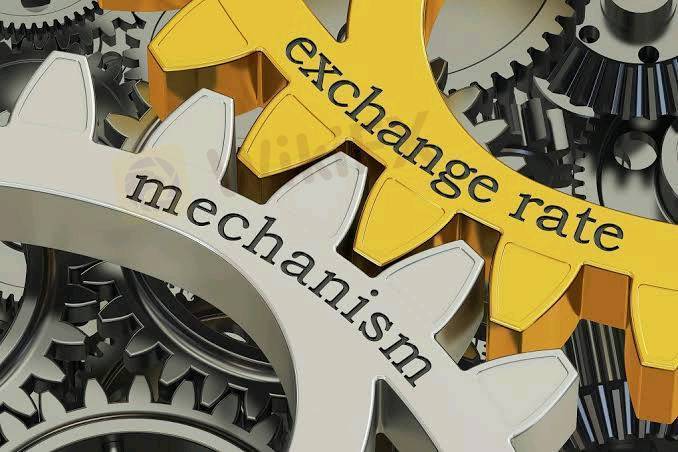
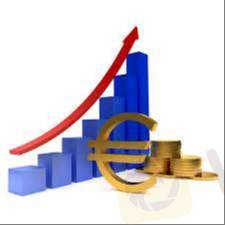
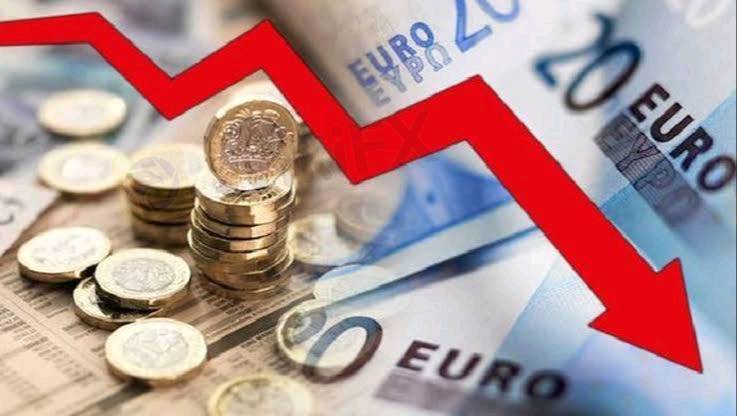
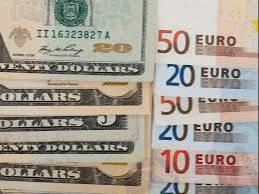
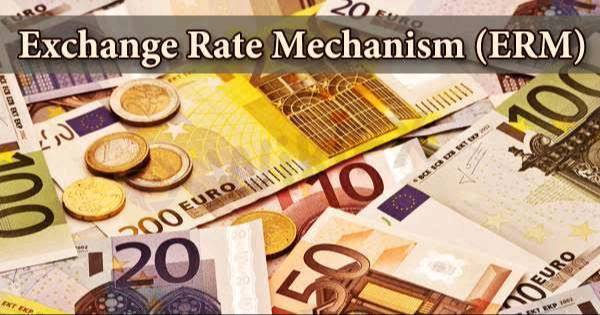
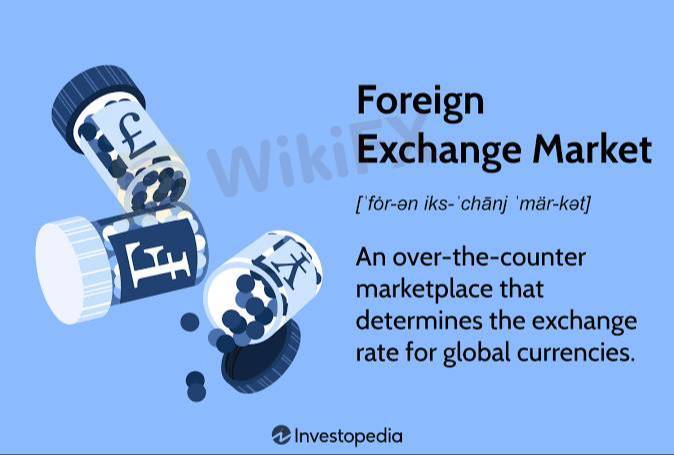
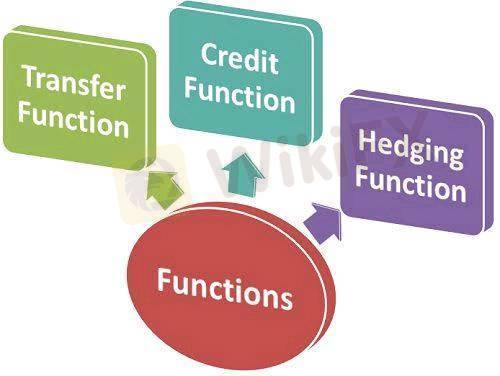
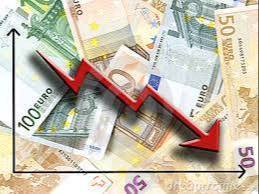
Submit
There is no comment yet. Make the first one.